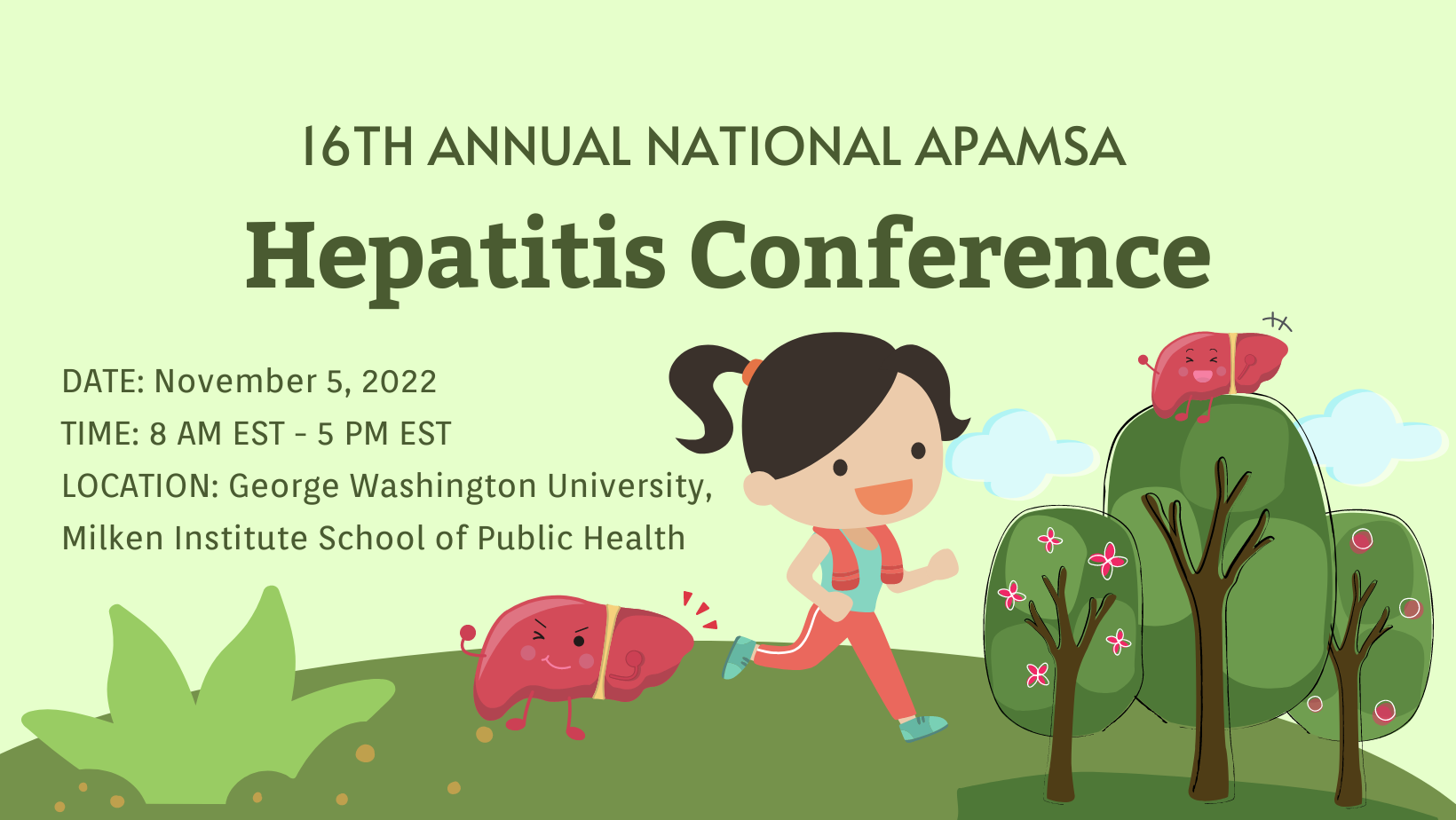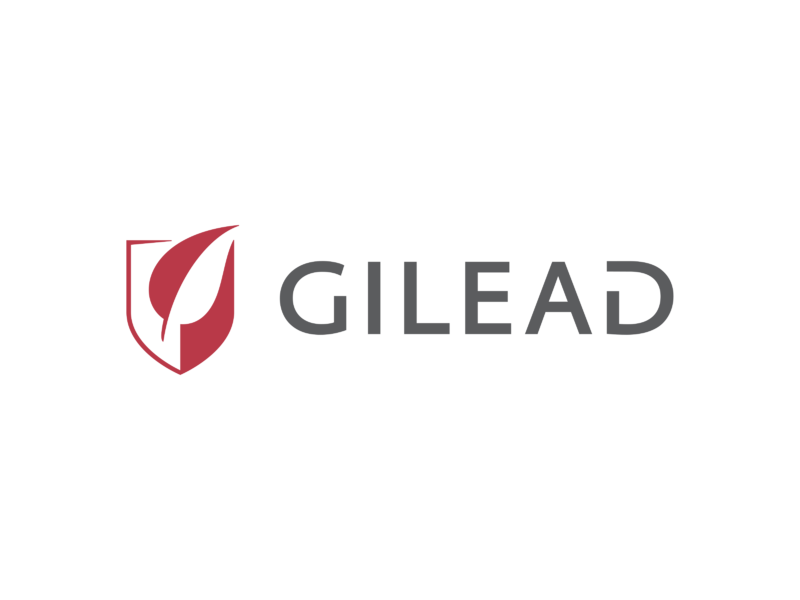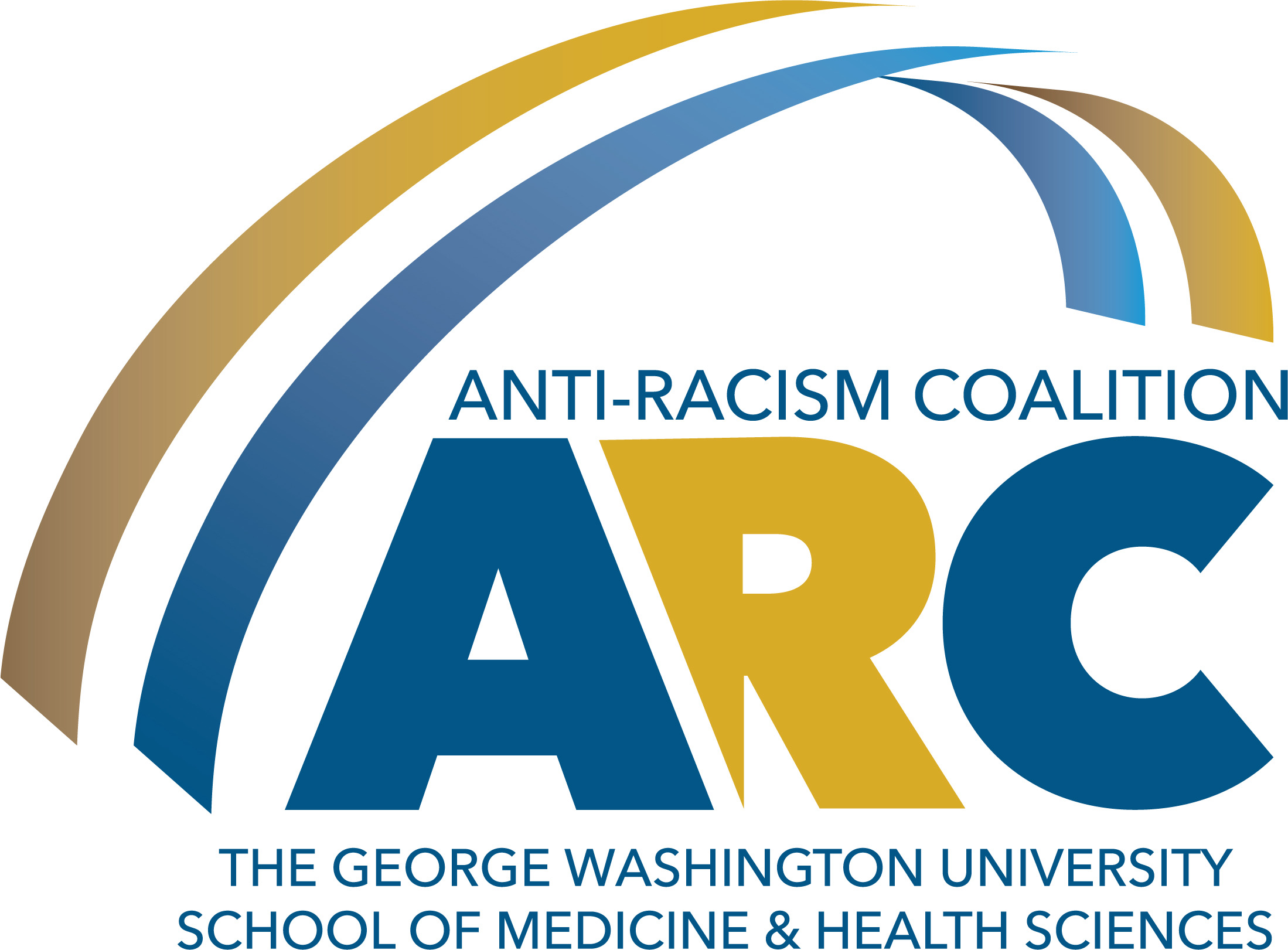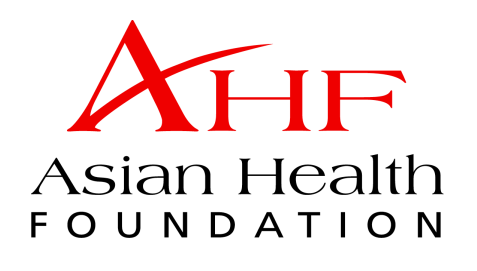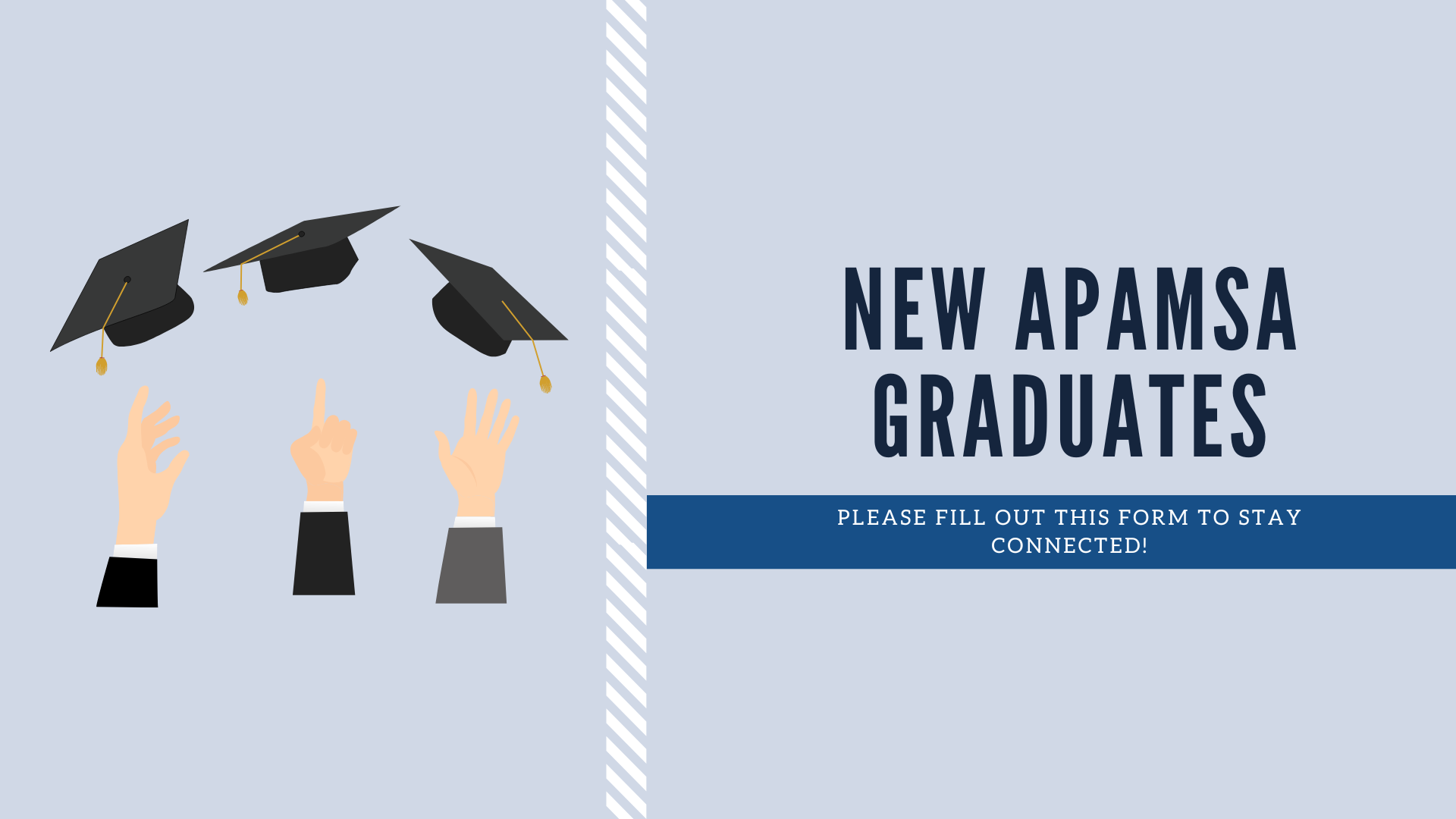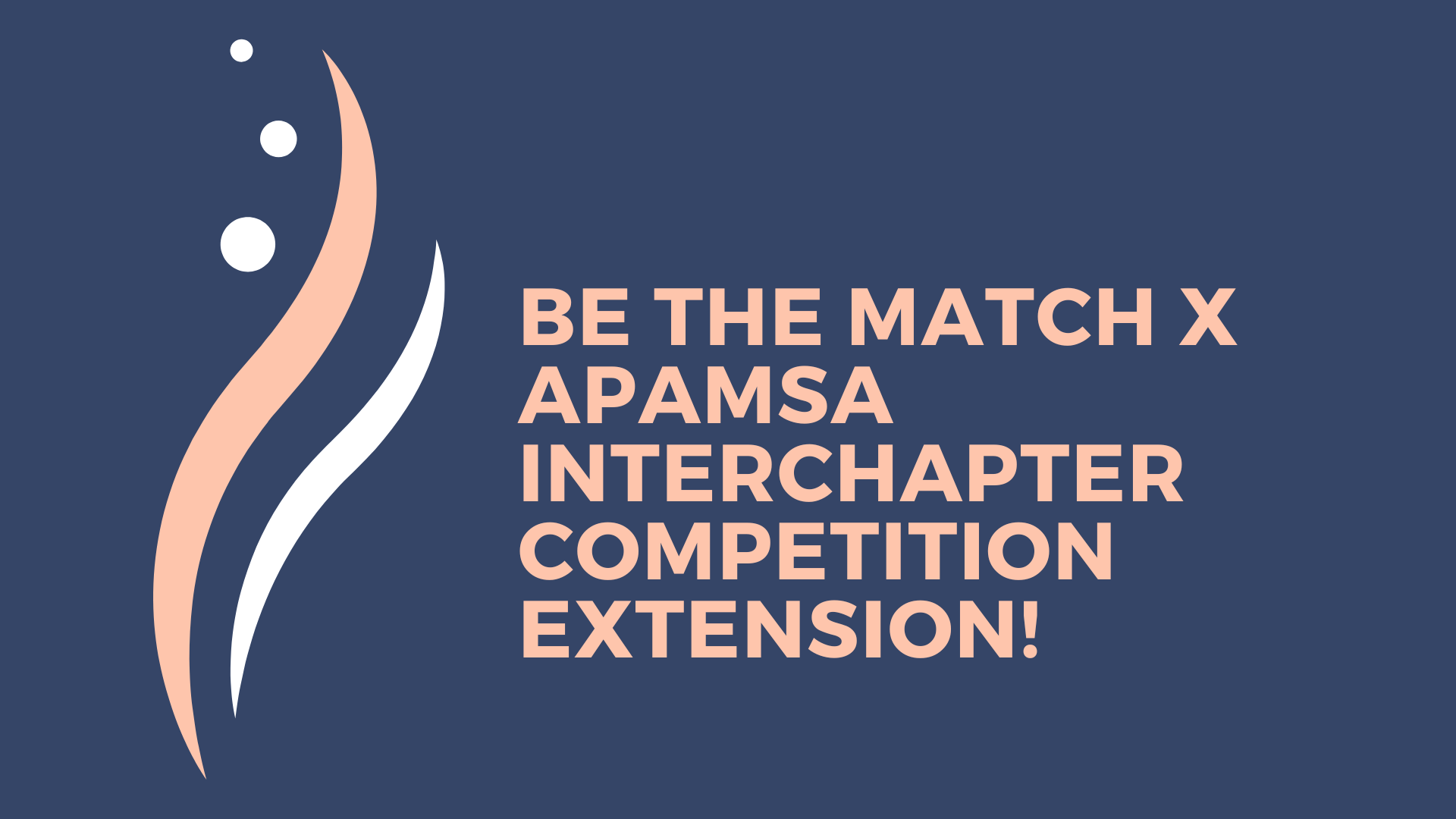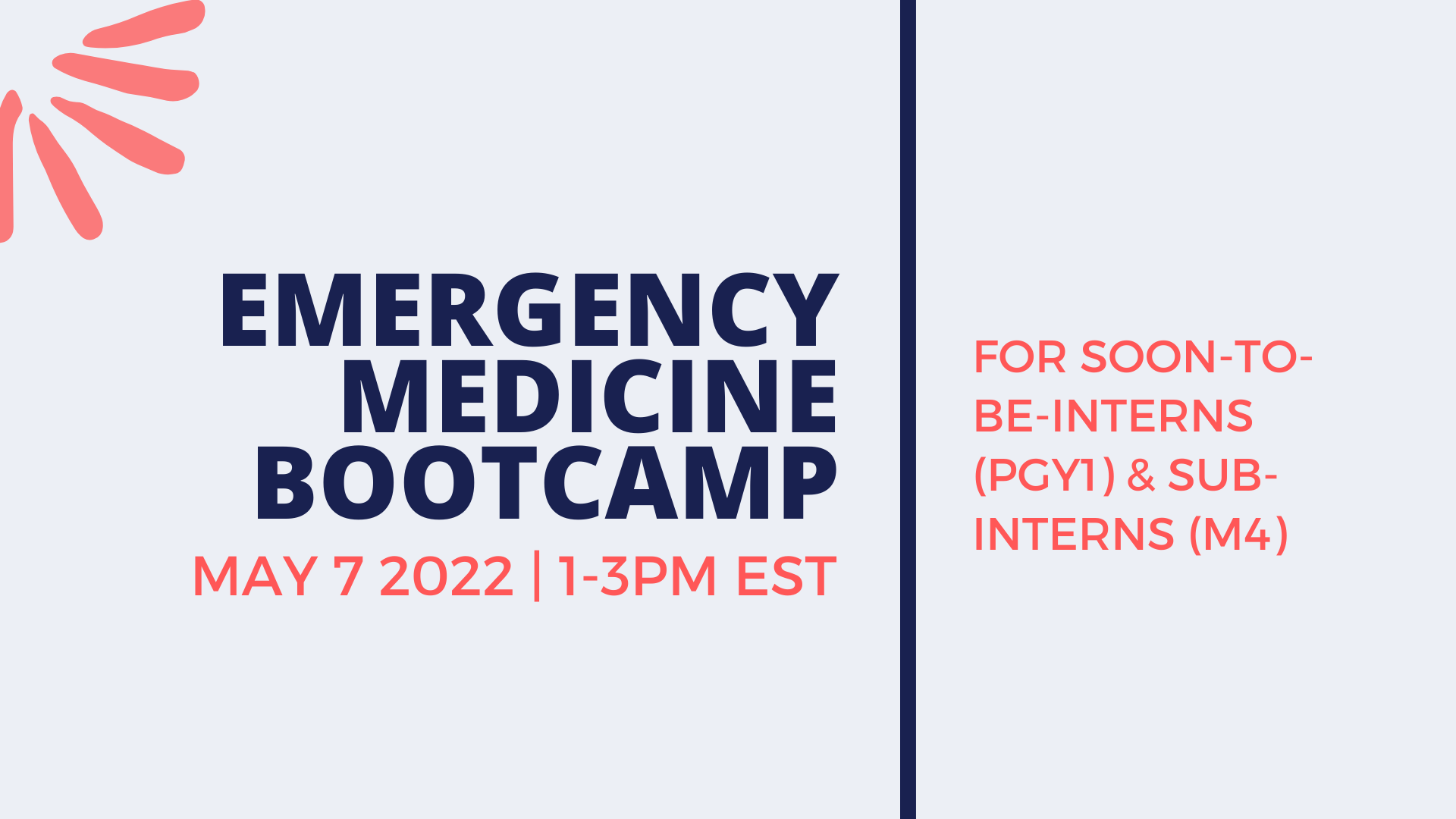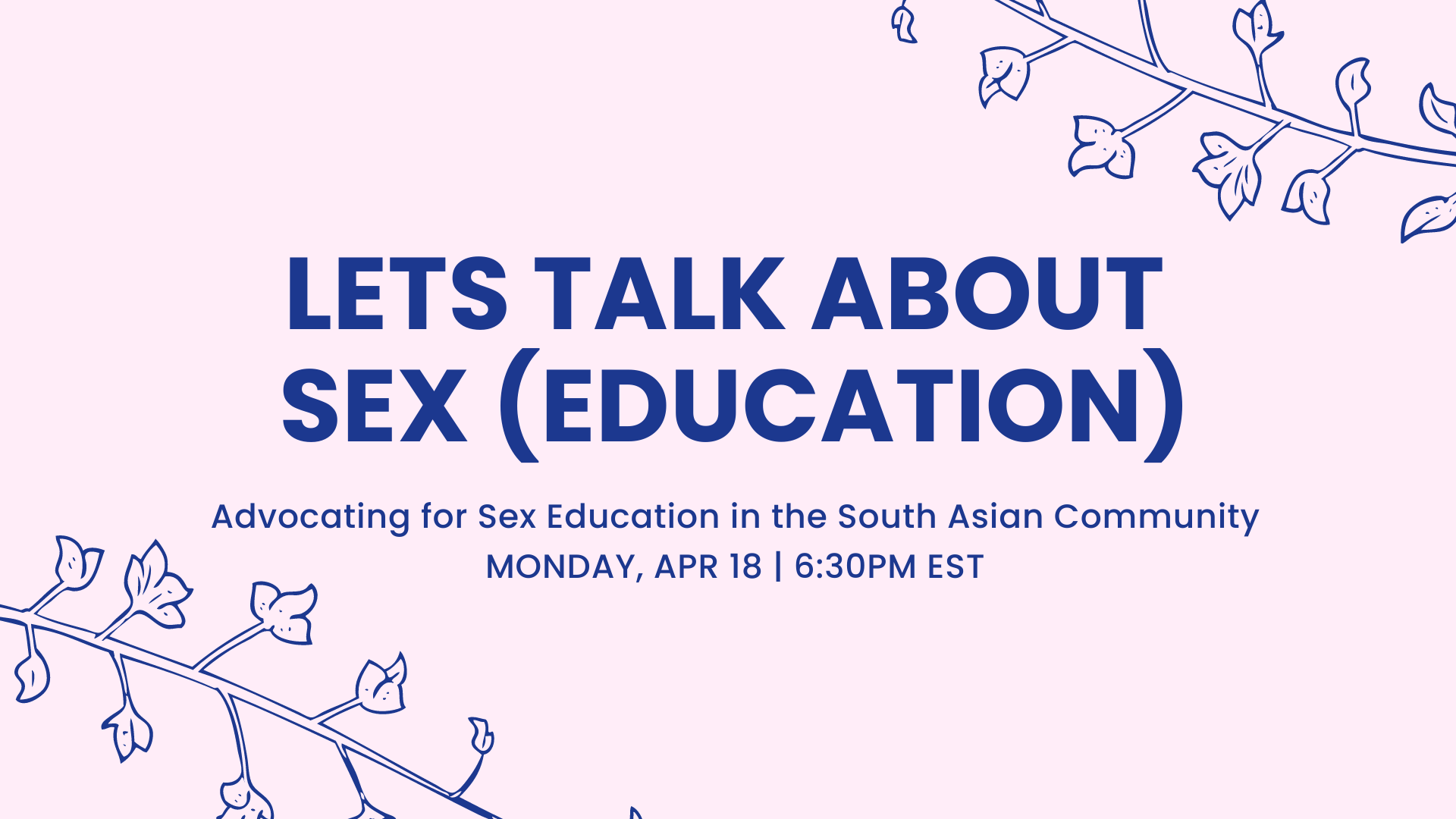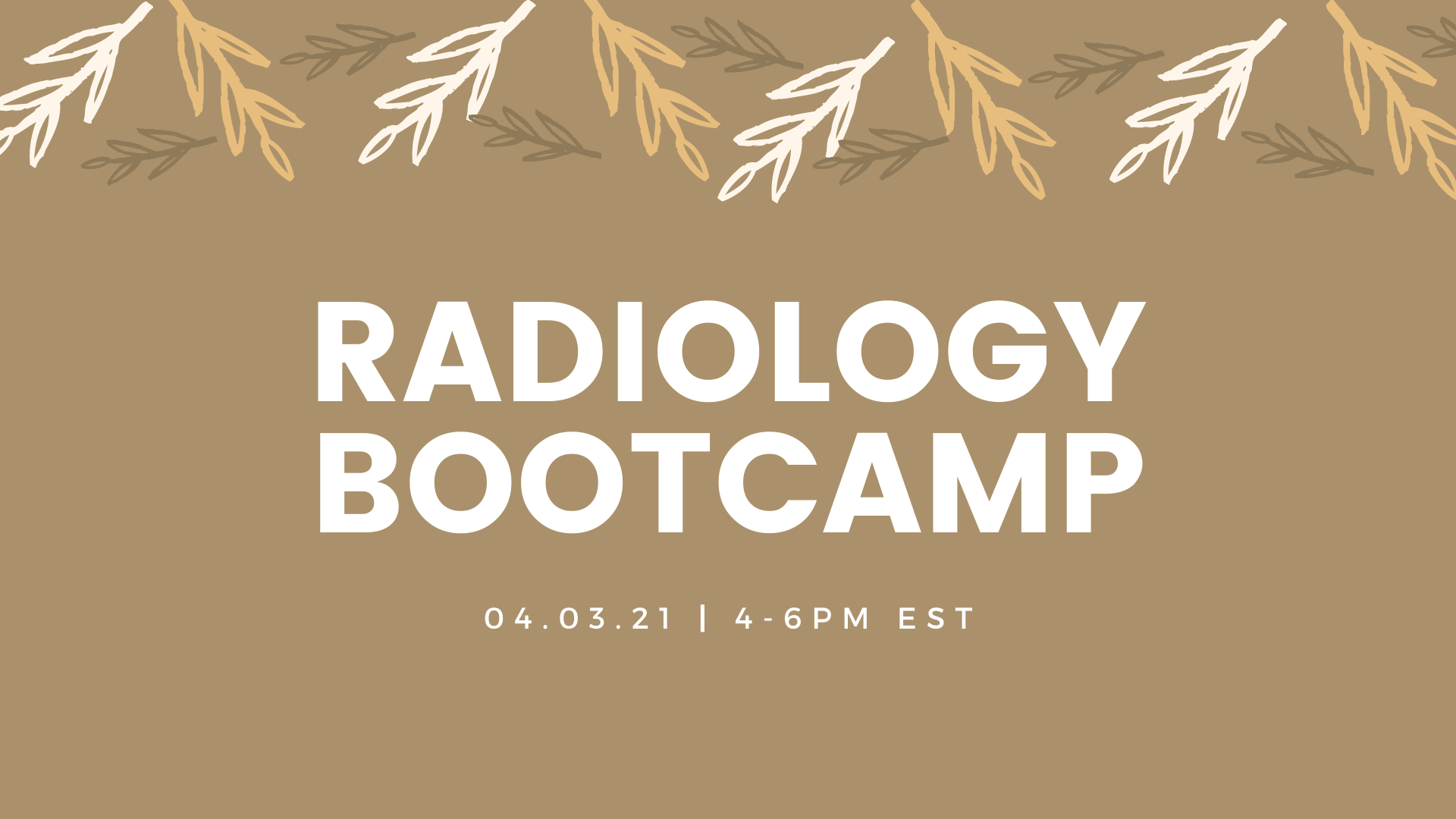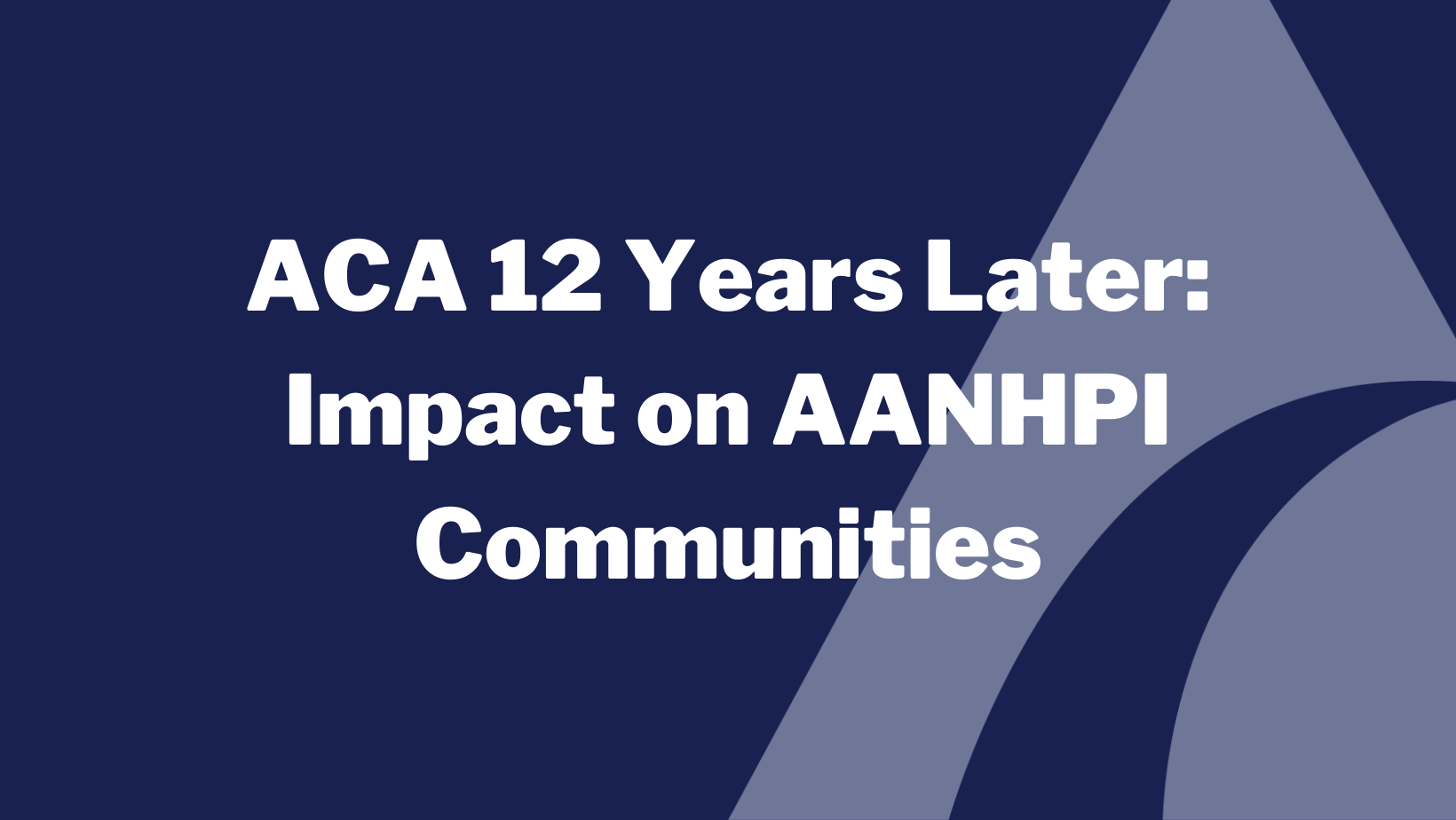Save the Date! National Hepatitis Conference 2022
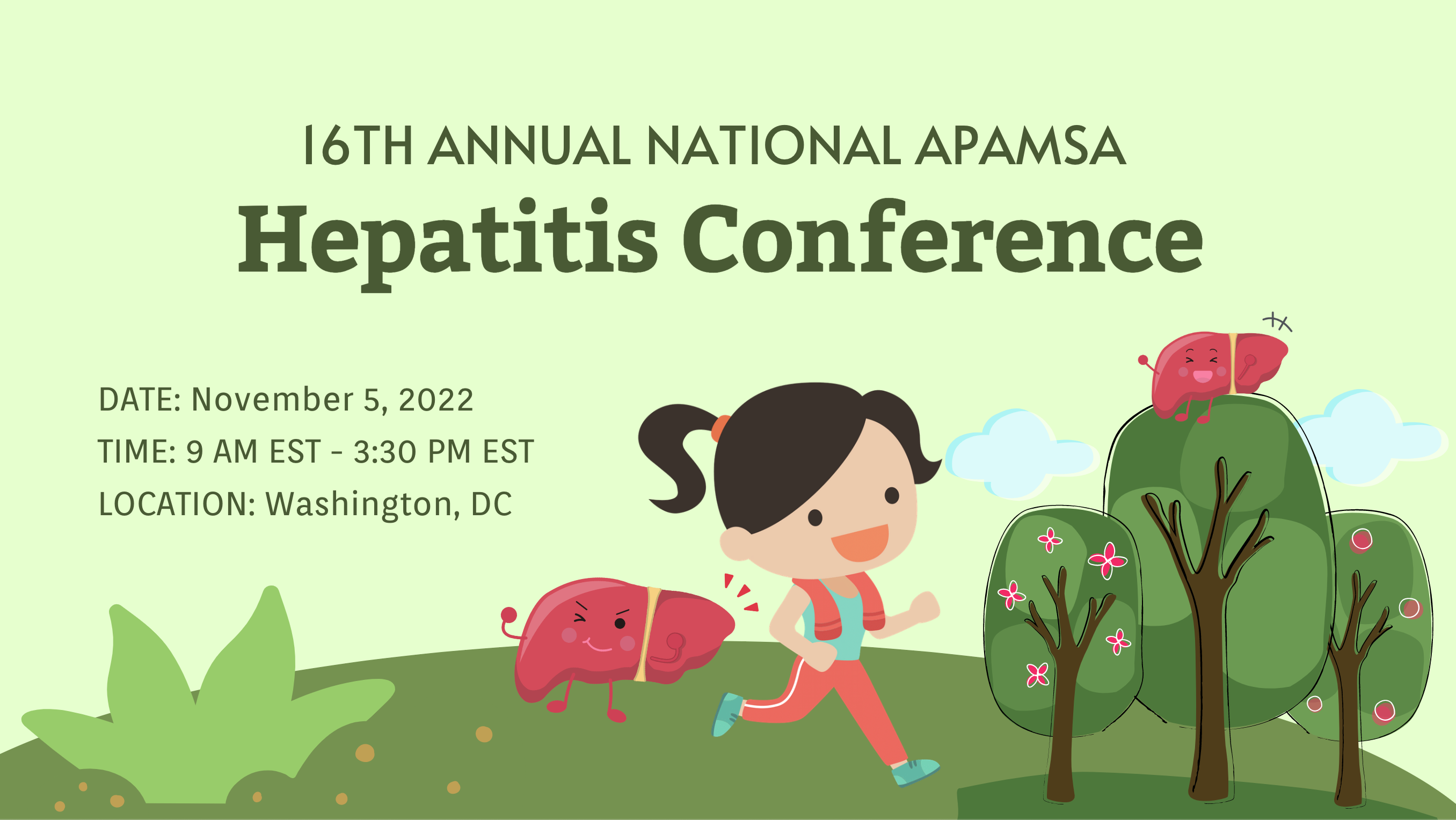
After two years of virtual conferences, we are pleased to invite you to our 16th Annual National APAMSA Hepatitis Conference taking place on Nov. 5th, 2022 in Washington, DC! Stay tuned for more announcements on poster submissions, speakers, funding, and other logistics. Click here for more details!
Save the Date! APAMSA National Conference 2023
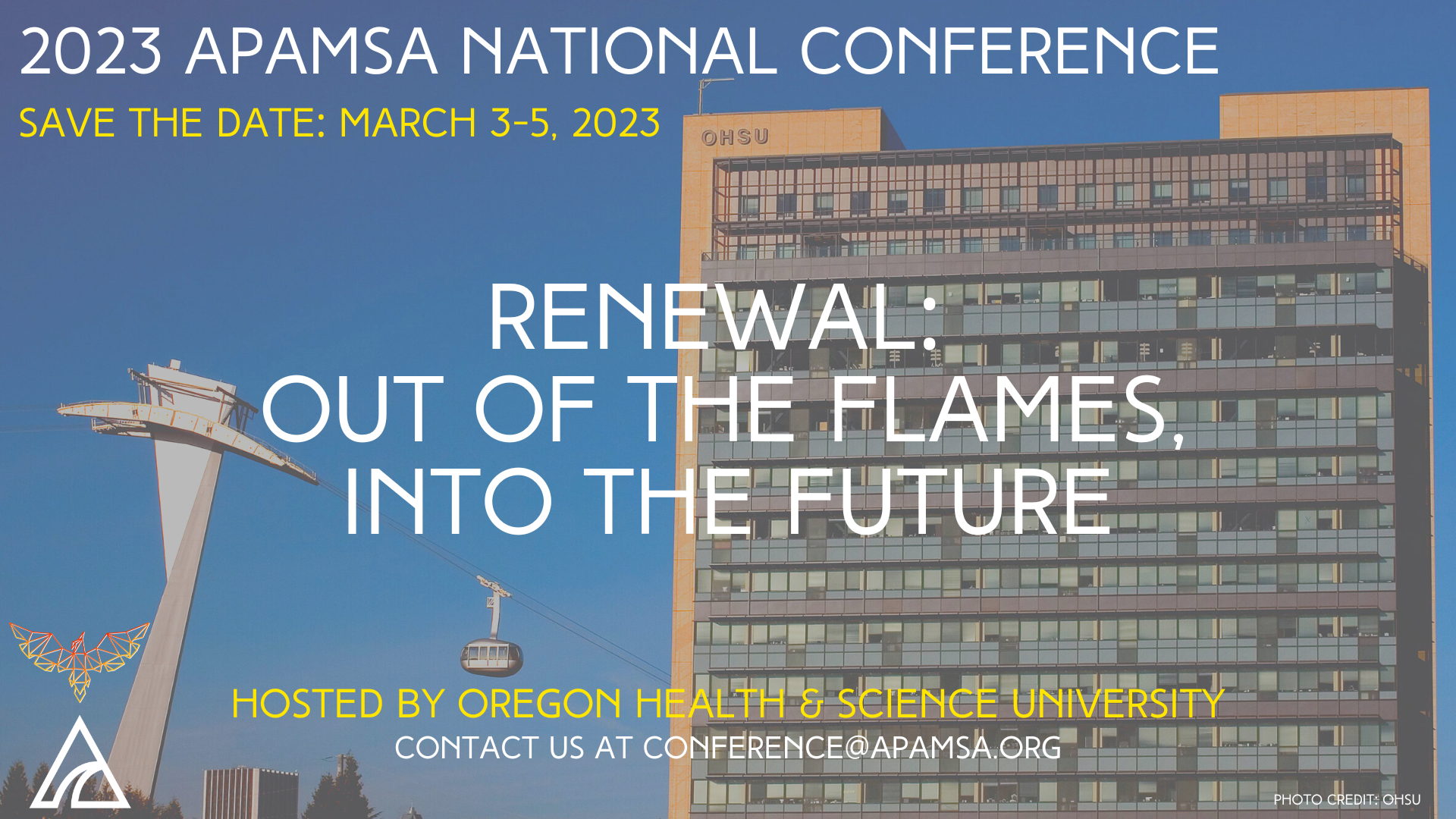
Save the date!!
We’re so excited to announce that our next National Conference is happening March 3-5, 2023, and will be hosted by Oregon Health & Science University in Portland, Oregon. We’re looking forward to having you all here!! Keep an eye out for more information soon. In the meantime, if you have any questions or have suggestions for content you would like to see, email us at conference@apamsa.org.
2022 Hepatitis Conference
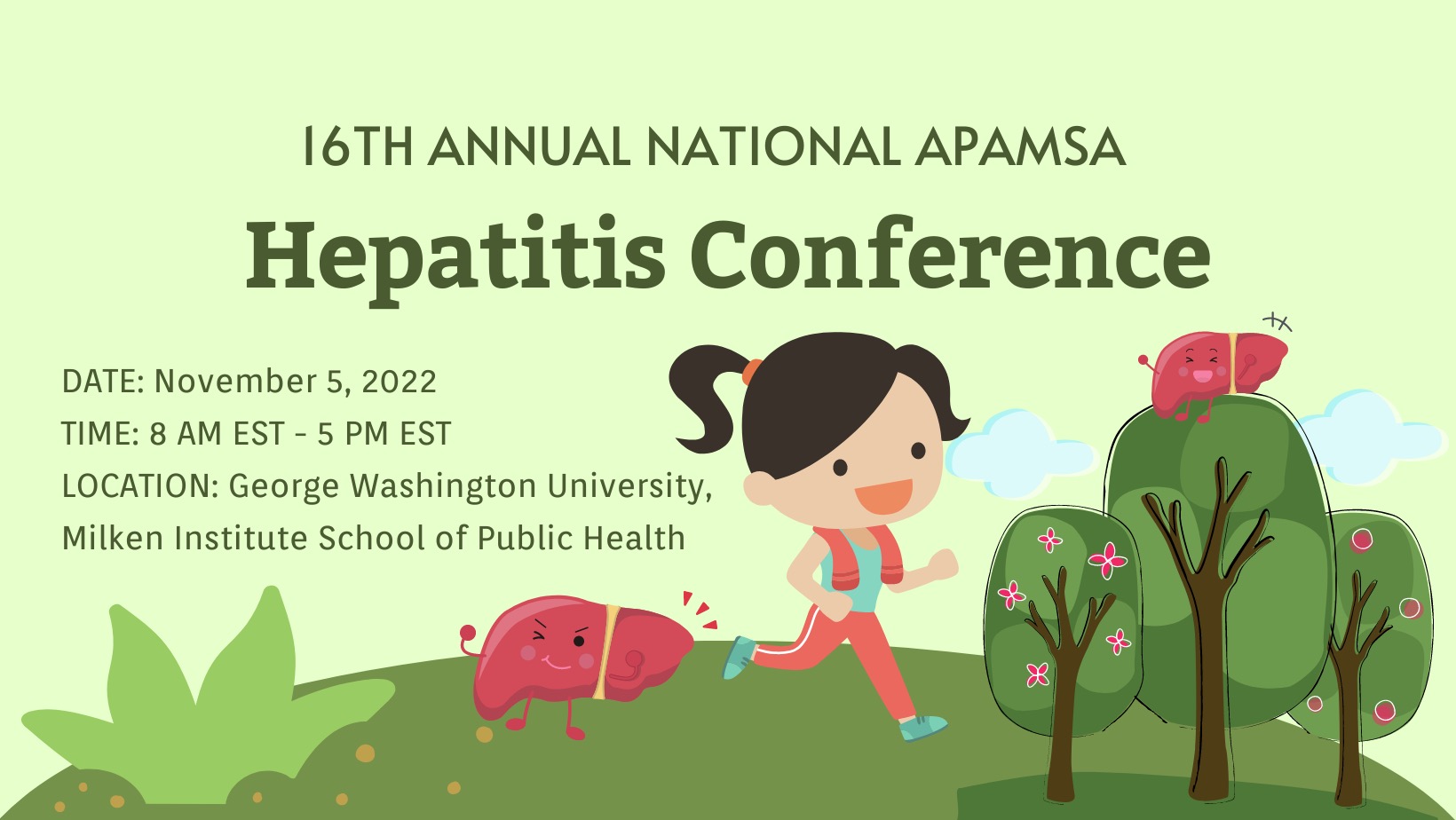
Thanks for attending our 2022 conference!
To register, fill out this registration form AND purchase your ticket through Eventbrite. The first 200 registrants will receive an access code for complimentary registration to the AASLD’s Liver Meeting.
DATE: November 5th, 2022
TIME: 8:00 AM EST – 5:00 PM EST
LOCATION: George Washington University, Milken Institute School of Public Health in Washington, DC
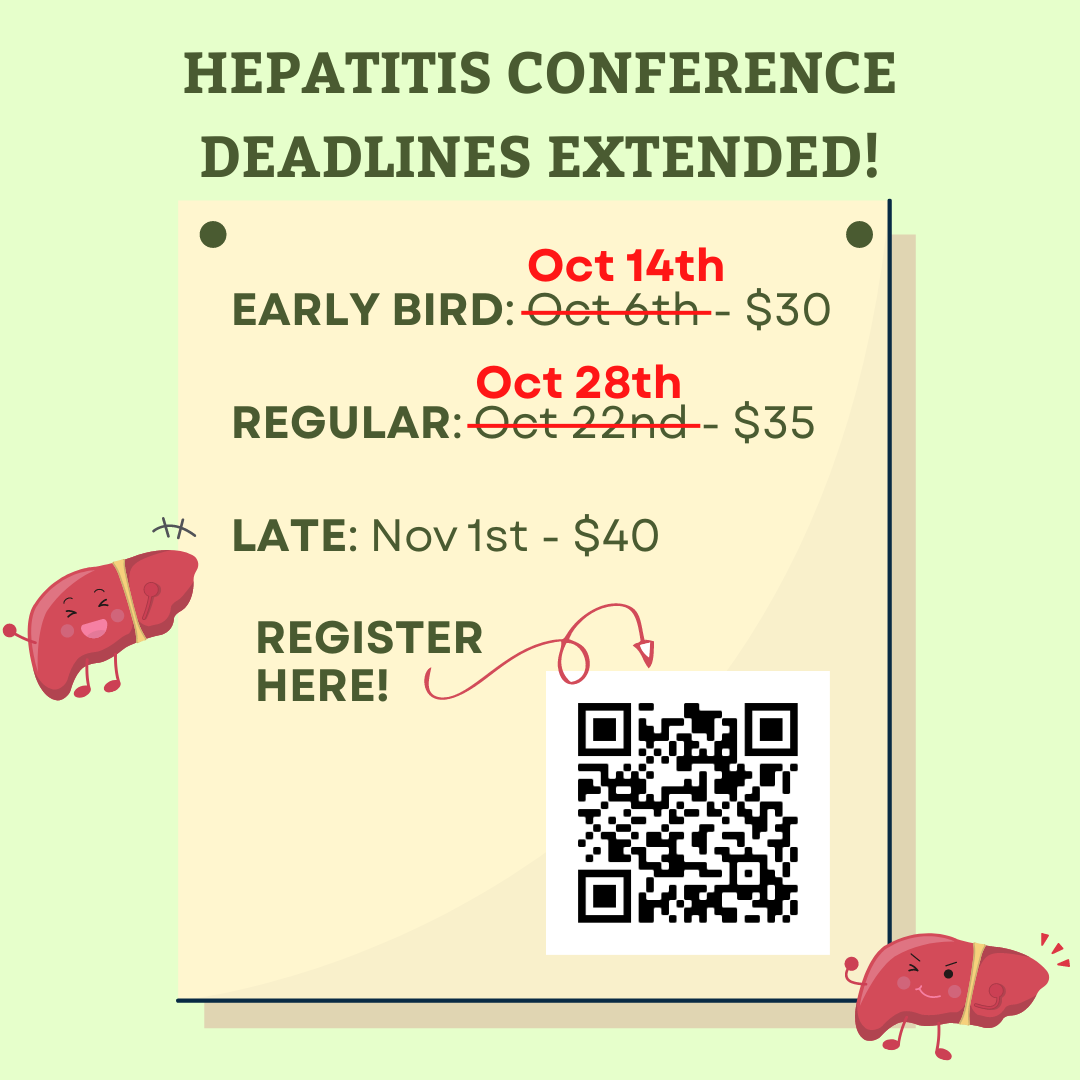
We are pleased to invite you to the 16th Annual National APAMSA Hepatitis Conference.
Each year, we strive to collectively engage in the global fight against liver diseases, including hepatitis B and C, and to raise awareness about health disparities and their impact within the Asian American, Native Hawaiian, and Pacific Islander (AANHPI) population. After two years of virtual conferences, we are excited to welcome you all to an in-person conference in Washington, DC!
The objectives of the conference are to raise awareness about the impact of liver diseases on the AANHPI community, to encourage future health care providers to advocate for policy changes to address the current health disparities that the AANHPI community face, to provide opportunities for current health profession students to network with prominent leaders in hepatology and to provide a venue for students to present their research on topics related to GI/hepatology.
COVID PRECAUTIONS:
We are excited to welcome you all to an in-person conference this year! For the health and safety of our conference attendees and speakers, we have set in place some safety protocols:
- Masks are required to be worn throughout the conference except when eating or drinking.
- We ask that you bring proof of vaccination when you check in for the conference. You are considered fully vaccinated if it has been at least 2 weeks since you have received the one dose of a single-dose-series COVID-19 vaccine OR the second dose in a 2-dose-series COVID-19 vaccine.
- If you experience any fevers or chills, cough, shortness of breath, vomiting or diarrhea, muscle or body aches, or loss of taste or smell in the 2 weeks leading up to the conference, please DO NOT attend the conference.
8:00 AM – 8:50 AM Registration/Breakfast
9:00 AM – 9:10 AM Opening Remarks
9:20 AM – 10:05 AM General Speaker #1
10:15 AM – 11:00 AM General Speaker #2
11:10 AM – 11:55 AM Keynote Speaker
12:00 PM – 2:00 PM Lunch/Physician-Student Luncheon/Poster Session
2:00 PM – 2:45 PM General Speaker #3
3:00 PM – 3:50 PM Breakout Sessions
4:00 PM – 4:30 PM Closing Remarks
To register, please pay through the Eventbrite AND fill out the registration form. Both steps must be completed in order for you to be fully registered. Below are our registration deadlines:
- Early Bird Registration: $30, Ends October 14th, 2022
- Regular Registration: $35, Ends October 28nd, 2022
- Late Registration: $40, Ends November 1st, 2022
**HOUSING DEADLINE HAS PASSED**
Discounted housing provided by the Washington Marriott at Metro Center is available on Friday, November 4th, 2022 on a first come, first serve basis. This is a shared room with max occupancy of 4 per room for the price of $50/person. We will assign rooms to the best of our ability based on gender identity and housing preferences. Housing requests must be submitted by October 6, 2022 at 11:59PM through the registration form.
We hope that anyone who wishes to attend the hepatitis conference will be able to do so without financial barriers. Therefore, we are excited to be able to provide subsidies to support our chapters. Subsidies will be awarded by institution, so please have only one representative per chapter complete this application. Awards will be determined based on attendance and provided as reimbursements after the conference. If you have any questions, please contact us at hepatitis@apamsa.org.
**RESEARCH SUBMISSION DEADLINE HAS PASSED**
We are now accepting abstract submissions for poster presentations! The poster session is tentatively scheduled for 12 PM to 2 PM. At least one author is required to give a presentation during this time. Poster awards will be given by our judges. To submit your abstract, please submit it here by October 14th at 11:59PM. Please contact us at hepatitis@apamsa.org if you have any questions.

KEYNOTE SPEAKER: Doan Y Dao, MD
Dr. Dao is Assistant Professor of Medicine and Director, Center of Excellence for Liver Disease in Viet Nam (COE), Johns Hopkins University School of Medicine.
As Director of the COE, Dr. Dao spearheads Johns Hopkins’s initiative to help address the rising, urgent, and significant disease burden of liver cancer caused by chronic viral hepatitis in Viet Nam. The COE, in collaboration with stakeholders in Viet Nam, is responsible for stimulating, finding, defining, initiating, and managing programs and projects that contribute directly to the mission of the COE - encouraging, supporting, and facilitating meaningful medical care service delivery, scientific research, and educational activities in chronic liver disease between Johns Hopkins Medicine and Viet Nam. On behalf of the COE, Dr. Dao lives and works in Viet Nam for approximately six months annually.
Dr. Dao obtained his Medical Degree and post-graduate training in Internal Medicine, and Gastroenterology & Hepatology at the University of Texas Southwestern Medical Center (UTSW), Dallas, Texas, USA. At UTSW, Dr. Dao was a member of the Physician Scientist Training Program, a formal mechanism to facilitate and support physician-scientists development in academic medicine.

Na Li, MD, PhD
Dr. Na Li is currently a full-time faculty at the Ohio State University Wexner Medical Center. She
received her medical degree in China and PhD program in physiology at University of Louisville
in 2005. She completed her residency and gastroenterology fellowship at North Shore-LIJ
Health System in 2013 and joined OSU Wexner Medical Center since then. Dr. Li’s clinical focus
is non-alcoholic steatohepatitis (NASH), hepatitis B, and metabolic liver disease. She is the
primary investigator for multiple NASH clinical trials and the lead physician for the NASH clinic
at OSU. Dr. Li is a member of AASLD Special Interest Group (SIG) on NASH, a member of
National Task Force on Hepatitis B, and a member of American Liver Foundation Ohio Medical
Advisory Council. She is also a big advocator on community education and prevention of liver
disease. She has given multiple lectures to peers and trainees, and also collaborates with
multiple clinicians and basic scientists on liver-related research.
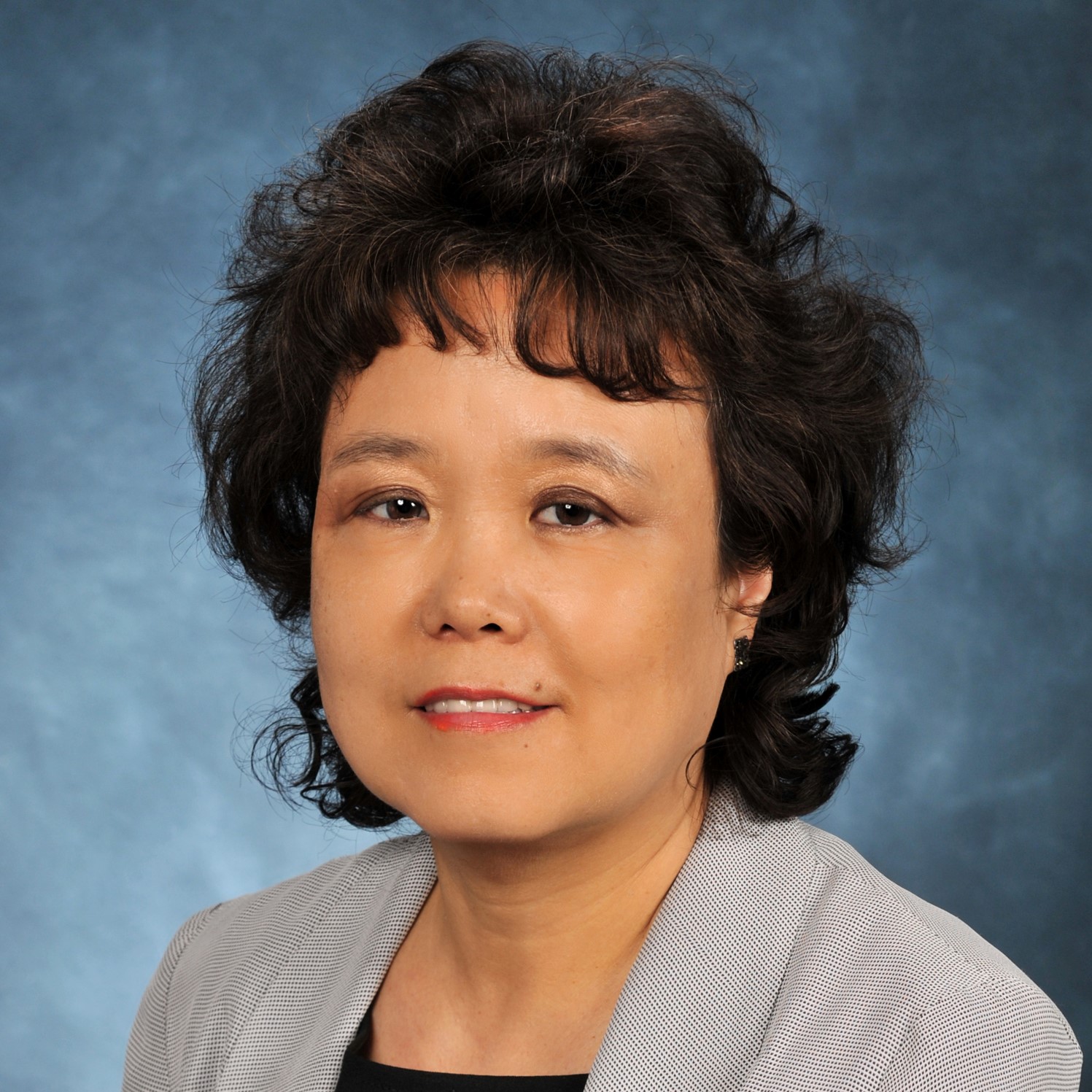
Hee-Soon Juon, PhD
Dr. Juon is a social and behavioral scientist with primary research interests including health behaviors within minority groups. She has active research programs within the Asian American communities and with the African American populations. She actively participated as a co-I in several NIH funded grants that support a longitudinal study of African Americans, focusing on minority mental health, suicidal behavior, and substance use. She also worked on minority health problems such as cancer control behaviors, hypertension, and mental health of Korean immigrants in mid-Atlantic area since 1998.
With her focus of cancer control among minority population, she has conducted a number of educational and research programs in relation to Asian American Cancer Control projects in the Baltimore Washington Metropolitan Areas: 1) exploring breast and cervical cancer screening in Korean American women; 2) developing and and testing culturally-integrated cancer intervention protocols, including Korean-language educational materials for breast and cervical cancer; 3) developing and evaluating a community-based liver cancer education intervention to increase liver cancer awareness among high risk groups of HBV infection including Chinese, Korean, and Vietnamese Americans; and 4) leading the project of Lay Health Worker Model Reduce Liver Cancer Disparities in Asian Americans. Currently, she has been working on a prospective longitudinal study designed to examine a bio-behavior model of hepatic disease progression among chronic hepatitis B patients. The current application builds on her prior work for a sustainable community-based participatory research and behavioral intervention programs to reduce health disparities in HBV infection.
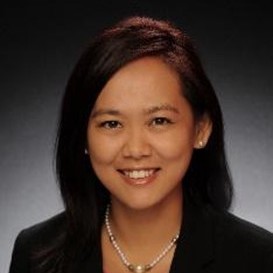
Amy Trang, PhD, MEd
Dr. Amy Trang, Ph.D., M.Ed. is the founder and CEO of Social Capital Solutions, Inc. Since 2014, Dr. Trang has served as the Administrator for the National Task Force on Hepatitis B. As the Administrator for the Task Force, Dr. Trang has worked alongside physicians and public health researchers to develop education curriculum on hepatitis B and C for liver cancer prevention as well as training seminars (in-person and virtually) targeted at primary care providers and mid-level practitioners. Dr. Trang is passionate about raising awareness about viral hepatitis screening and linkages to care services because she has family and friends personally affected by it.
In addition to the National Task Force on Hepatitis B, she also serves as a Program Development Consultant for HBI in the Washington, DC metropolitan area (since 2013); Vice President of Administrative Services and Planning for the Vietnam Viral Hepatitis Alliance (since 2014); Member of the Hep B United National Advisory Committee (since 2017); Patient Community Representative of AASLD’s Online Learning Committee (2022–2025 term); and Member of Gilead’s Hepatitis Community Advisory Group (since 2022).
She has assisted numerous nonprofit organizations across the U.S. and in Vietnam with developing culturally and linguistically appropriate patient education curriculum and learning materials.
Dr. Trang completed her doctorate degree in Public Policy from George Mason University School of Public Policy after transferring her doctoral studies in Culture and Values of Education from McGill University (Montreal, Canada). She holds a master’s degree in Social and Psychological Foundations of Education from the University of Virginia (UVA) School of Education and Human Development, and a bachelor’s degree in International Studies from George Mason University. She has also been an adjunct faculty at UVA since 2000, where she has taught Sociology of Education, Education in Multicultural Societies, Anthropology of Education, Critical Education Policy, Comparative Education, and Asian Education. She was one of the first faculty at UVA to successfully pilot an online course in 2015.
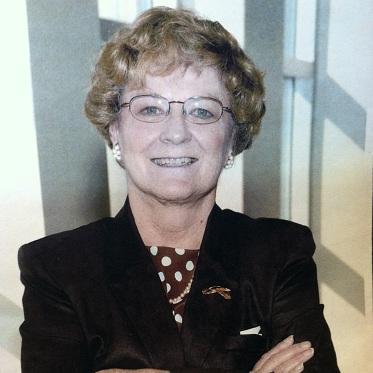
Thelma King Thiel, RN, BA
Thelma King Thiel is the founder and chair of Liver Health Initiative. Her crusade against liver disease began five decades ago when she lost her infant son Dean to a rare and fatal liver disease, Biliary Atresia. She has been a tireless advocate for promoting liver education and prevention of liver diseases while serving as the CEO of the American Liver Foundation, the Hepatitis Foundation International, co-founder and Chair of the Liver Health Initiative and founder of the National Viral Hepatitis Roundtable. Ms. Thiel has trained thousands of healthcare providers with her Foundation for Decision Making program in collaboration with SAMHSA, CDC, OMH, University of North Texas. University of Illinois, and the Stravitz-Sanyal Institute for Liver Disease and Metabolic Health at the Virginia Commonweaalth University. Having served as a Commissioner on the National Commission on Digestive Diseases and an advisor to the National Institute of Allergy and Infectious Diseases at NIH. She’s produced 15 award winning DVDs on liver health and prevention of hepatitis. She was featured in a documentary called The Visionary, aired on 140 PBS stations. Ms. Thiel mounted an international awareness campaign promoting the adoption of liver information/education in schools, government and military agencies to fill a global need for promoting prevention of drug abuse, hepatitis, obesity and 13 types of obesity related cancers, fatty liver, and diabetes type II. She is a frequently published author of articles promoting liver health education and broadly acclaimed coloring books for children in both English and Spanish. Internationally recognized as The Liver Lady, Thiel’s Liver Health Education Curriculum and Script of unique and motivational communication techniques are being promoted to fill the global liver knowledge gap.
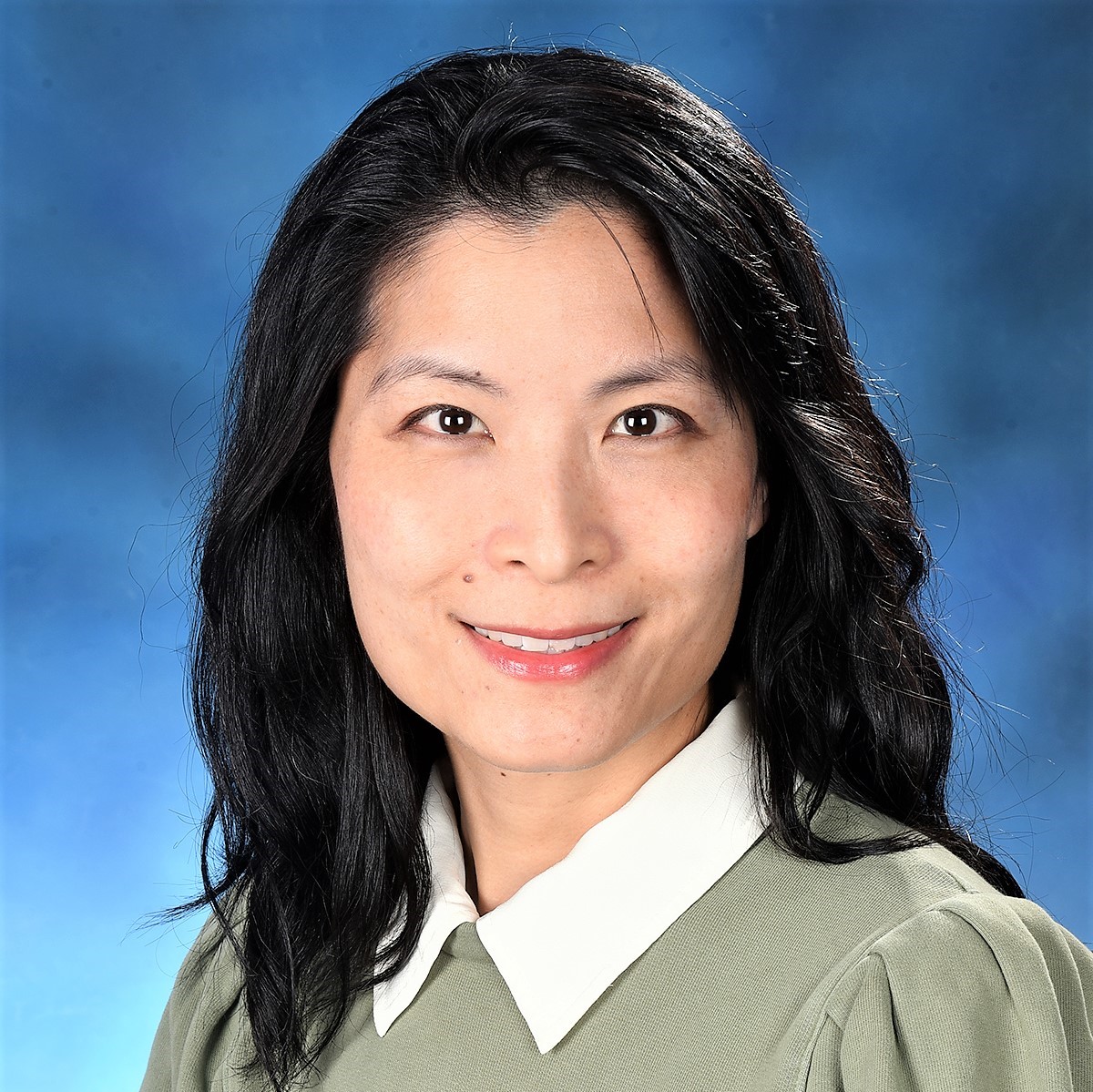
Lydia Tang, MB, BCh
Dr. Tang attended medical school at the University of Wales in the United Kingdom. She completed her infectious diseases fellowship at The University of Maryland Medical Center in 2014. In 2016 she joined the faculty at the University of Maryland, Baltimore as an Assistant Professor of Medicine. She is the director of the Hepatitis Clinic at the Baltimore Veteran’s Affairs Medical Center. In addition to clinical duties, she provides teaching and mentorship to medical students, residents, Infectious Diseases Fellows, and virology and epidemiology graduate students. Her research focuses on hepatitis B translational research and designing and implementing clinical trials, with the goal of advancing hepatitis B cure research. Her particular interest is in investigating the interactions with HIV coinfection and how these affect recovery of hepatitis-B specific immune responses.
Dr Tang is dedicated to improving health equity and outcomes among the marginalized communities at greatest risk for viral hepatitis. She serves on the board for HBI-DC, an immigrant health advocacy group, with the mission to improve access to hepatitis B, C, D and HIV education and screening. She routinely supports community health providers with advice on hepatitis B management and assistance with accessing antiviral treatment and clinical trials.
Through her work in community outreach, Lydia has built a network of patient advocates and primary healthcare providers in the Baltimore-Washington Metropolitan Area that she works with to identify priority areas to study, promote research, and engage study participants. She is the principal investigator of a natural history study for chronic hepatitis B and, through a model of embedding research clinics within community healthcare centers, has built a cohort of over 300 study participants with chronic hepatitis B including people living with HIV, with a large repository of research samples, that have already been used to investigate several research questions and have led to multiple publications and collaborations.

Jennifer Lee, MD
Dr. Jennifer Lee is the Chief Medical Officer for the Alliance of Community Health Plans, representing non-profit, provider aligned community health plans across the nation. She is also a Clinical Associate Professor of Emergency Medicine at The George Washington University in Washington, DC and was previously a Visiting Scholar at the National Academy of Medicine focused on value-based payment reform. She previously served as the Director of the Medicaid program for the Commonwealth of Virginia and as Deputy Under Secretary for Health for Policy and Services at the U.S. Department of Veterans Affairs. From 2014-16, Dr. Lee served as Deputy Secretary of Health and Human Resources for Virginia Governor Terry McAuliffe. Dr. Lee has also served as a White House Fellow and a health policy fellow on the U.S. Senate Health, Education, Labor, and Pensions Committee. She received her bachelor’s from Yale University, her medical degree from Washington University School of Medicine, and completed her residency at Johns Hopkins. She is a board-certified, practicing emergency physician.

Derek Shu
Hepatitis Co-Director
University of Cincinnati COM, MS4
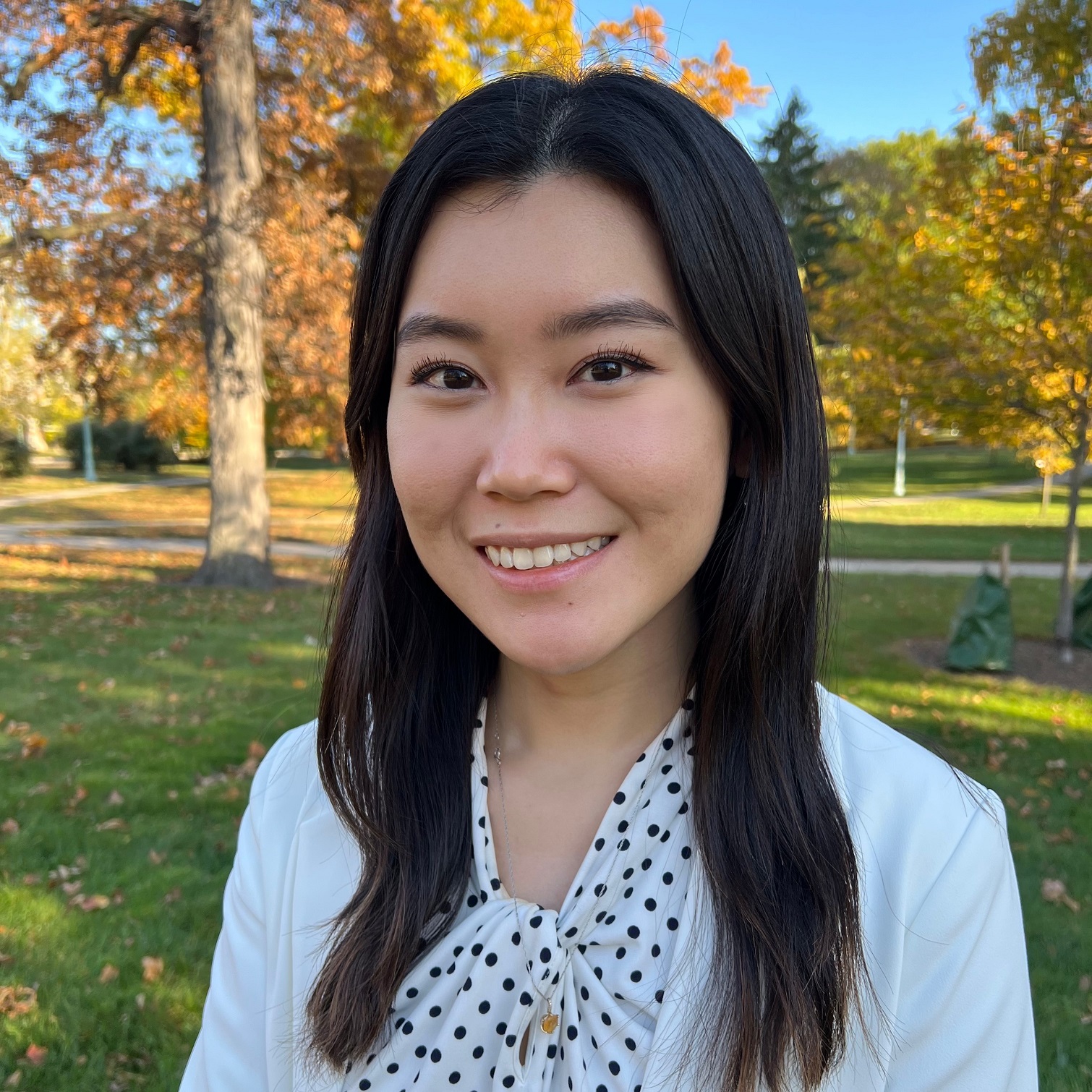
Jenny Yang
Hepatitis Co-Director
Ohio State University COM, MS3
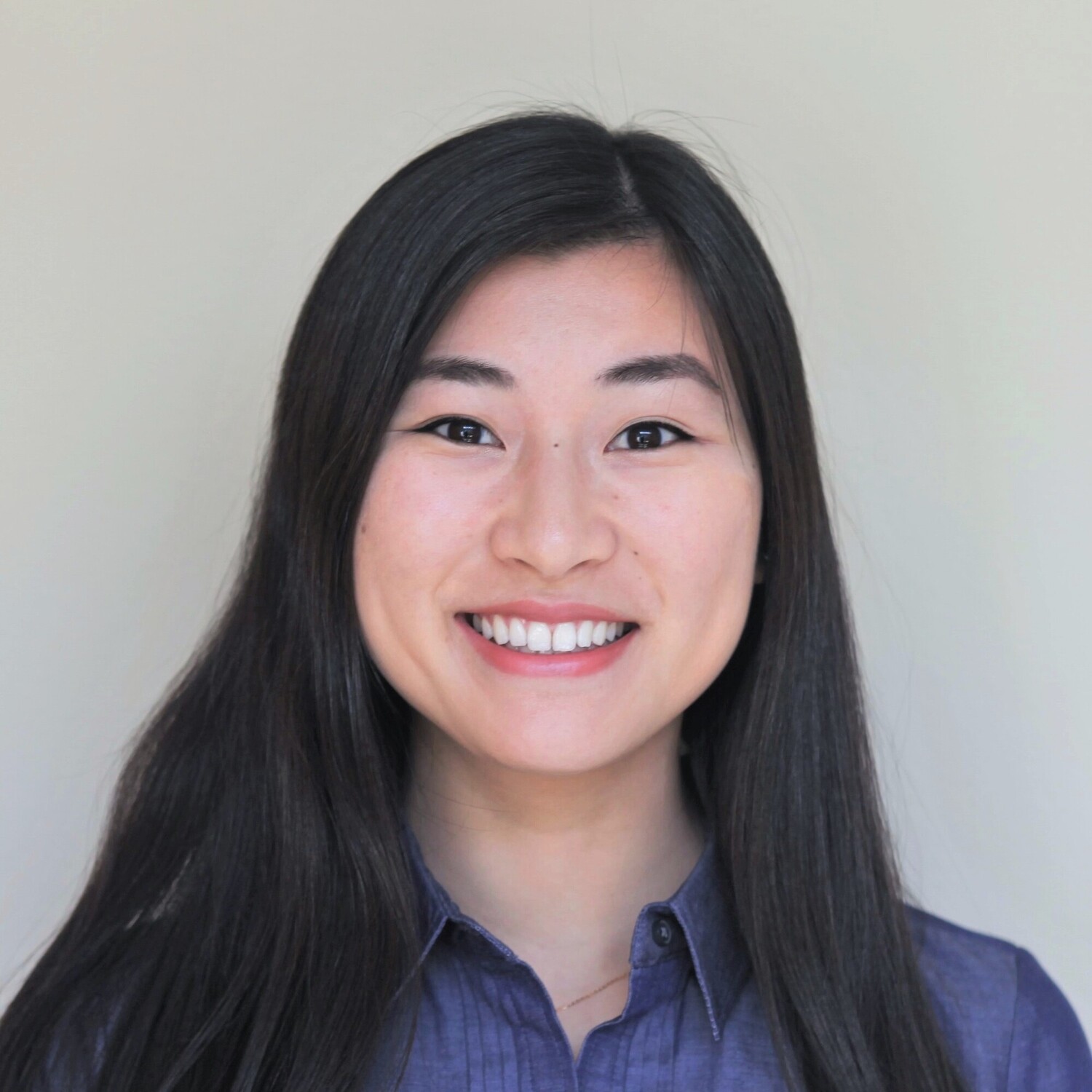
Laetitia Zhang
Hepatitis Co-Director
NYU Grossman SOM, MS3

John Yuen
Health Affairs VP
Stony Brook University

Jane Park
Speaker/Research Committee
Western University of Health Sciences, MS2
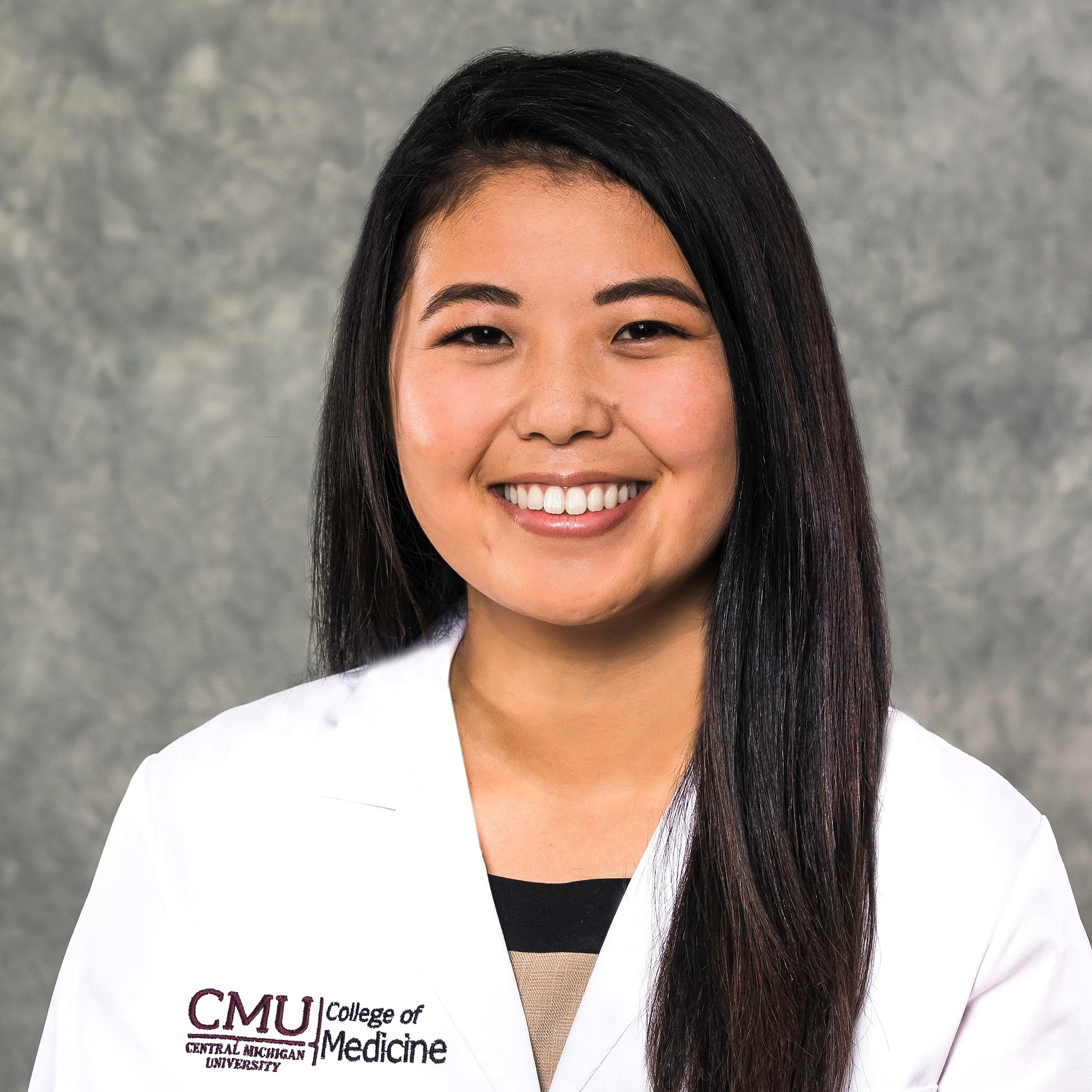
Asami Takagi
Speaker/Research Committee
Central Michigan University COM, MS3
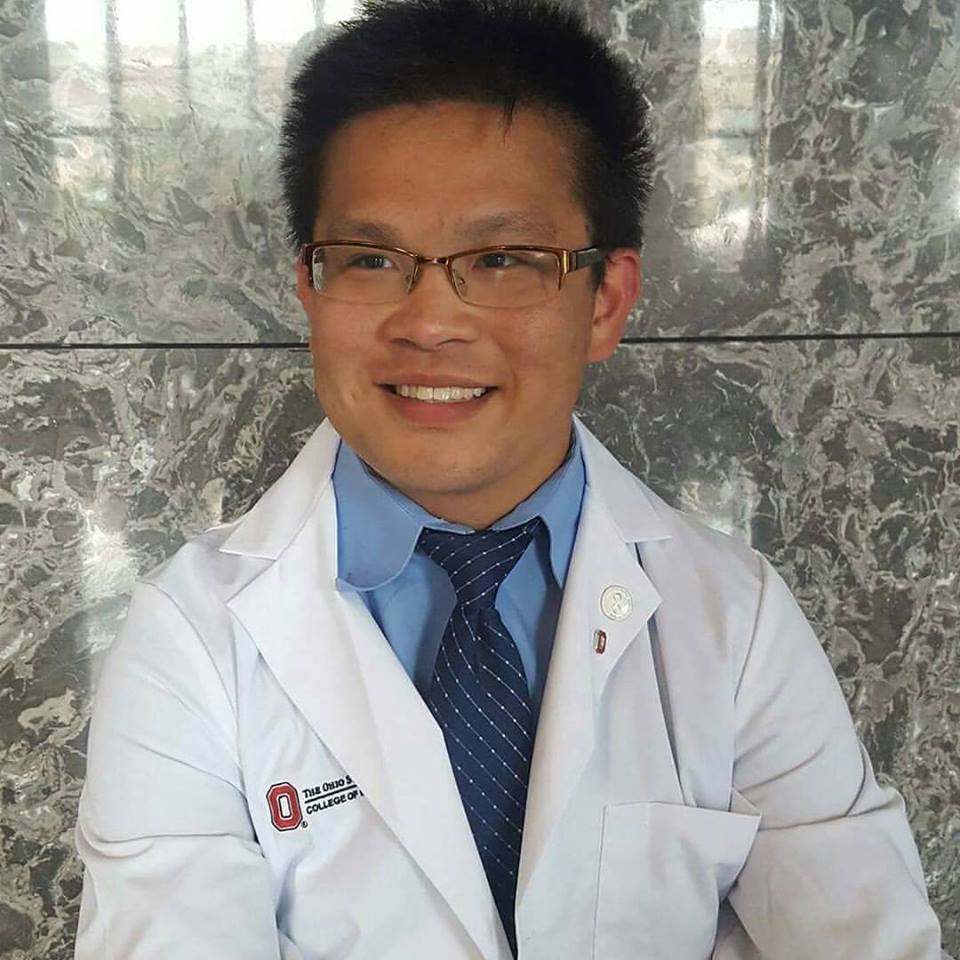
Zheng Hong Tan
Speaker/Research Committee
Ohio State University COM

Isabella Liu
Graphics/Publicity Committee
University of Cincinnati COM, MS4
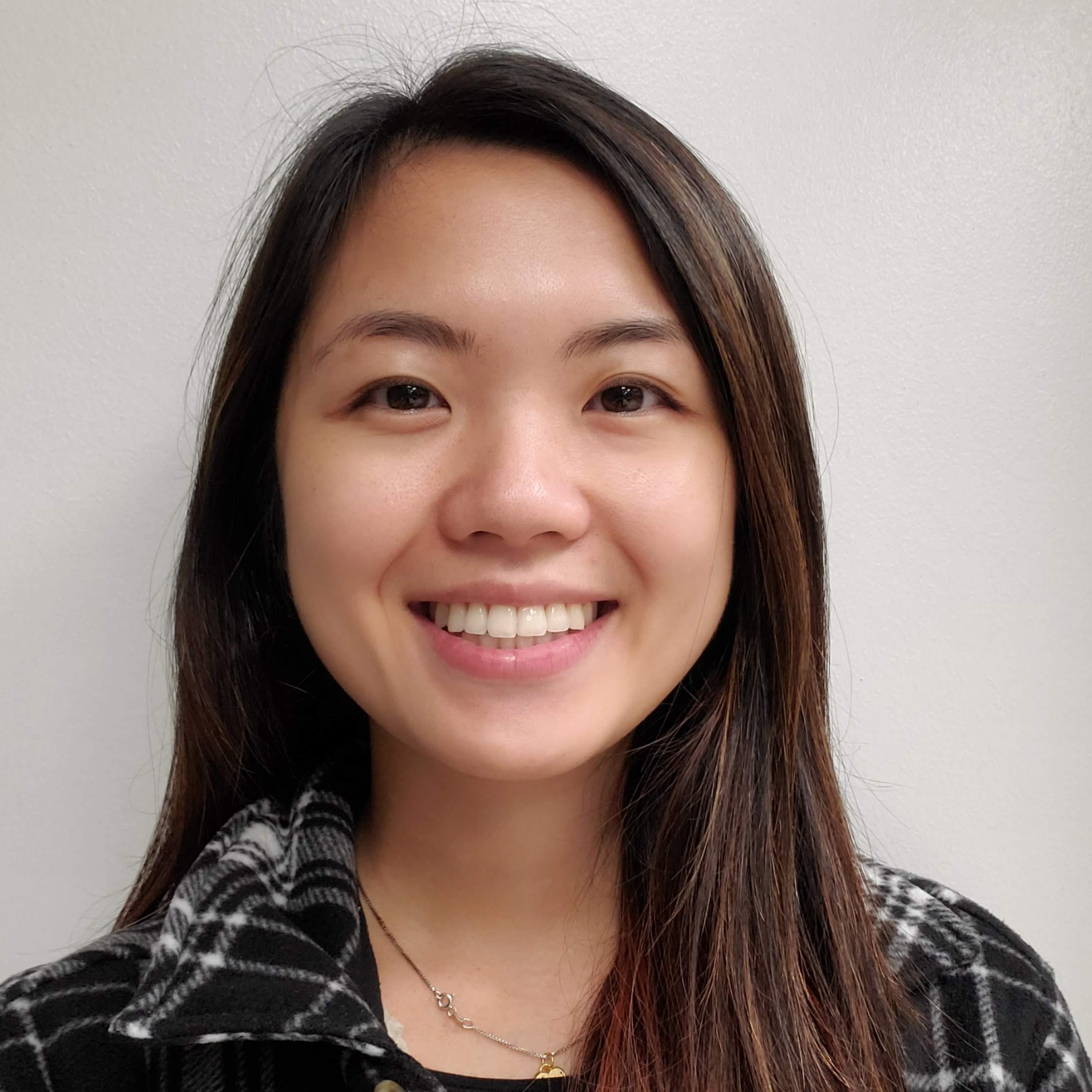
Ruby Chung
Logistics Committee
SUNY Downstate COM, MS2
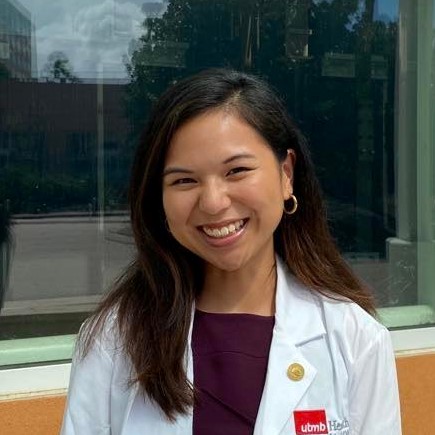
Jessica Ngo
Logistics Committee
UTMB SOM, MS2
Contact Us
Questions? Email us at hepatitis@apamsa.org.
.
A Form for Graduating M4's
Dear APAMSA alum, Congrats on graduating! Please take a minute to fill out this form so we can know how to best contact you and help you continue to stay involved during the rest of your training and beyond! We really appreciate all that you have contributed to the APAMSA and wish you the best of luck in residency.
Be The Match x APAMSA Interchapter Competition Extension!
Hello APAMSA,
We have decided to extend the Be The Match x APAMSA Interchapter Competition to September 1st! This is a great opportunity to apply to the Bone Marrow Grant which we will be keeping increased at $200 (originally $150) through the end of June as well as hosting a welcome event for the incoming M1s.
Get started by reaching out to your BTM Account Manager!
If you would like extra support in planning your event, please reach out to Tiffany Guan at marrow@apamsa.org.
Emergency Medicine Bootcamp
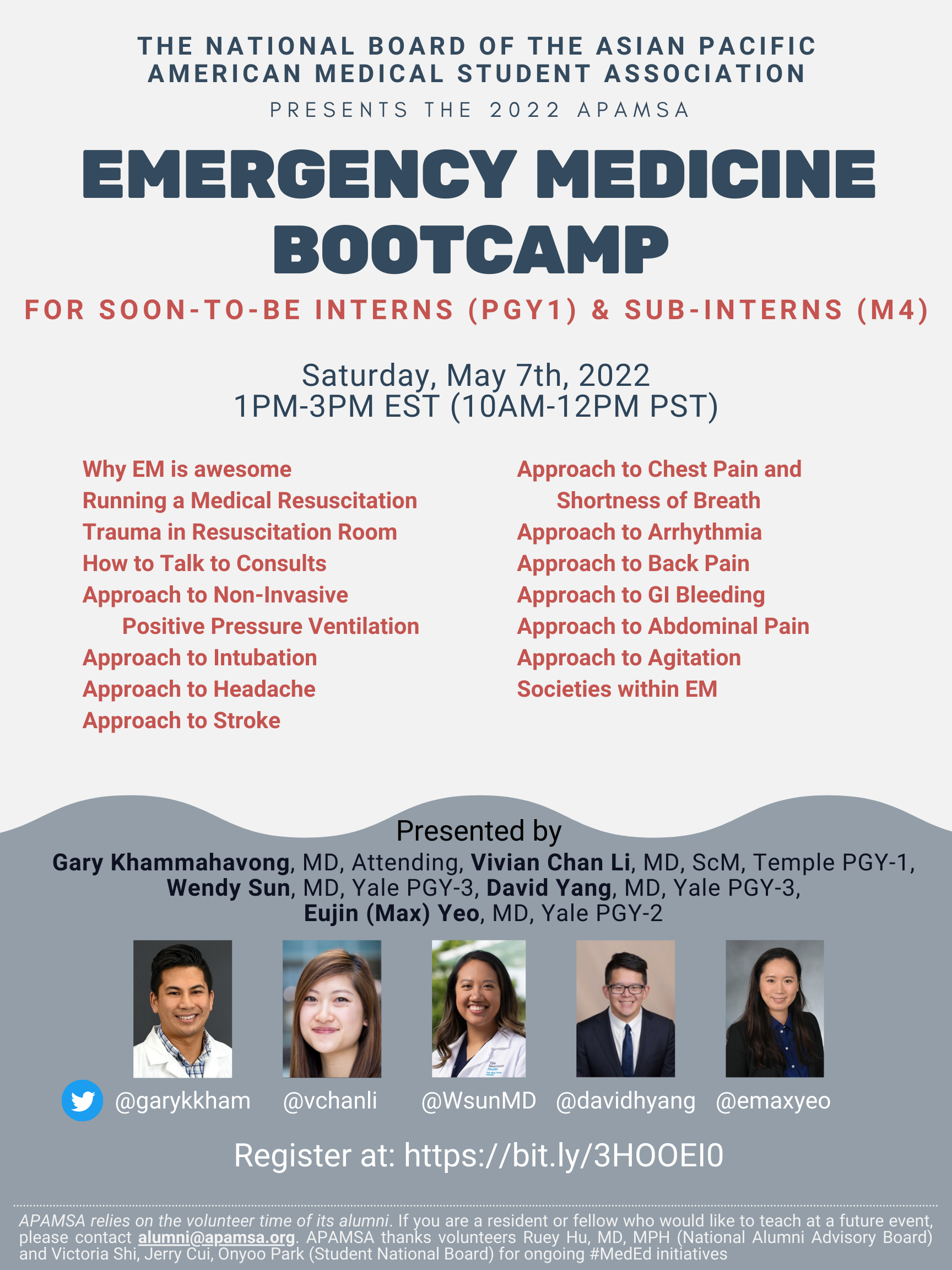
Come join APAMSA on Saturday, May 7th from 1PM-3PM EST (10AM-12PM PST) for our Emergency Medicine Bootcamp! Perfect preparation for a sub-I or intern year. Attending Dr. Gary Khammahavong as well as our wonderful residents will be covering all the high yield topics you will need to be successful, including running medical resuscitations, approach to intubation, headache, stroke, arrhythmias, GI bleeding and much more!
Register at: https://bit.ly/3HOOEI0
Let's Talk About Sex (Education)
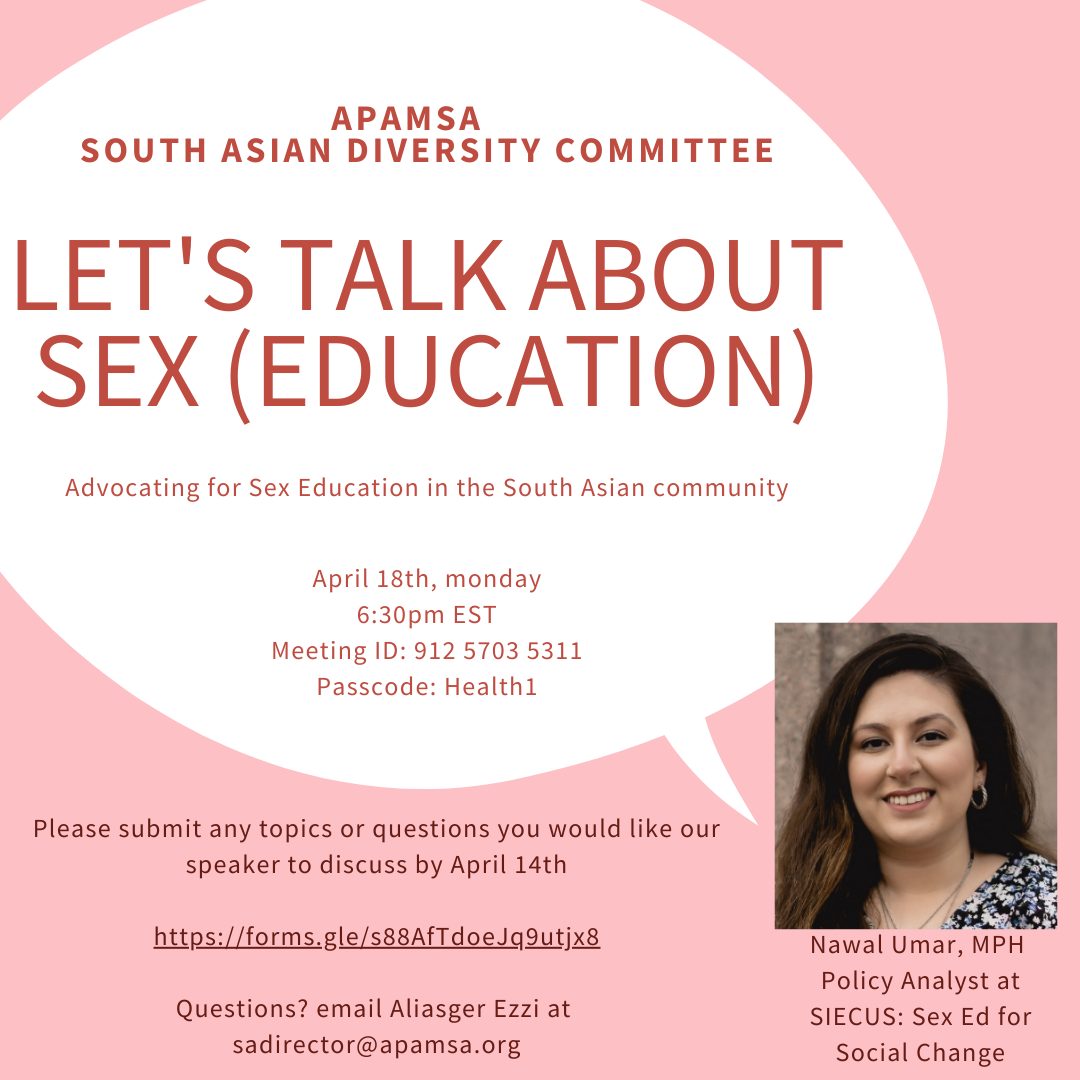
Let’s talk about sex (education)! Join us as we hear about advocating for sex education in the South Asian community from Nawal Umar. They are a policy analyst at SIECUS: Sex Ed for Social Change.
Zoom meeting Meeting ID: 912 5703 5311. Passcode: Health1.
Please submit any topics or questions you would like our speaker to discuss by April 14th https://forms.gle/s88AfTdoeJq9utjx8. Email any questions to email Aliasger Ezzi at sadirector@apamsa.org.
Radiology Bootcamp
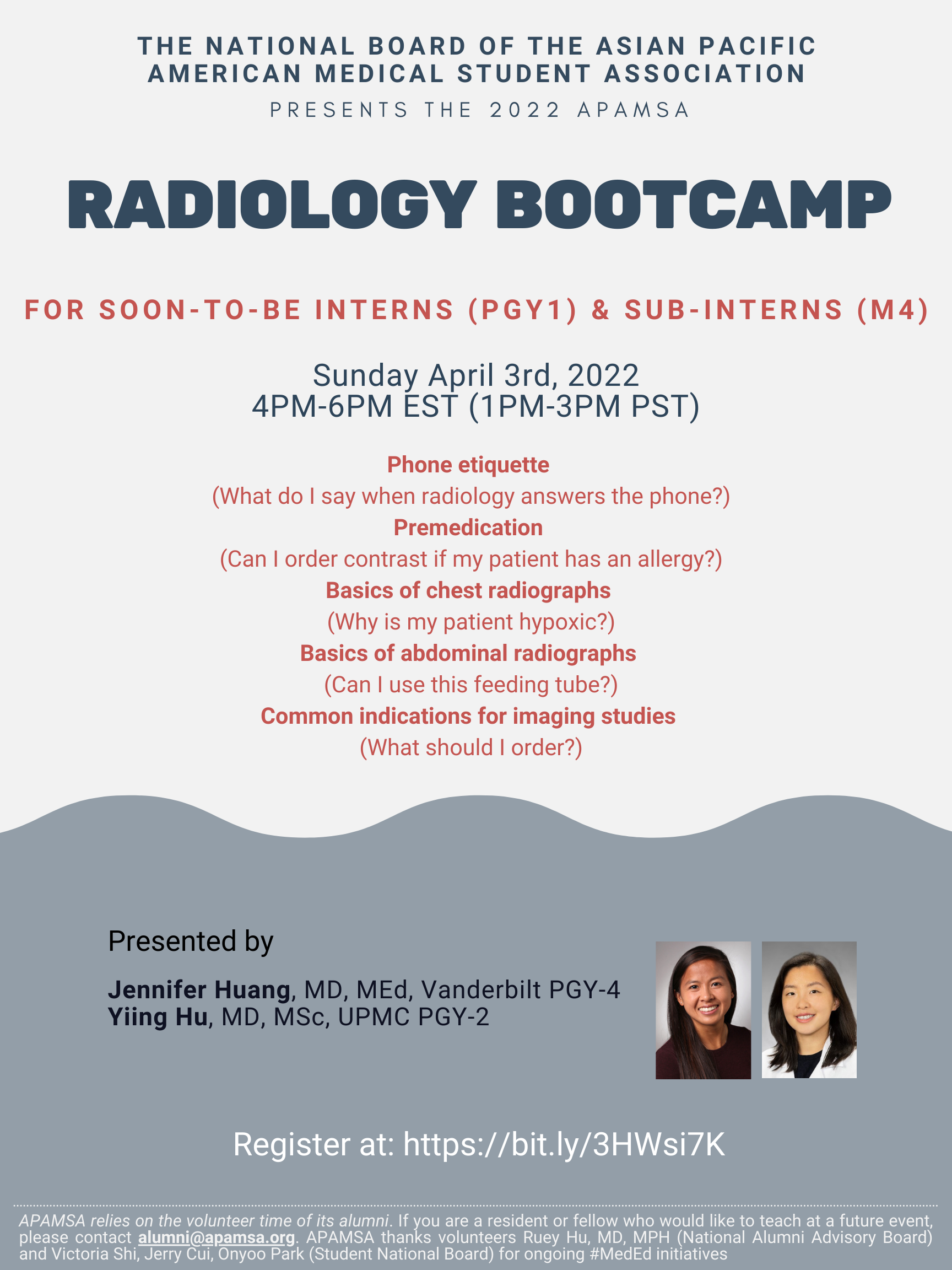
Come join APAMSA on Sunday April 3rd from 4PM-6PM EST (1PM-3PM PST) for our Radiology Bootcamp! Perfect preparation for a sub-I or intern year. Our residents will be covering all the high yield topics you will need to be successful, including premedication, basics of chest and abdominal radiographs, and common indications for imaging studies. Register at: https://bit.ly/3HWsi7K
Psychiatry Bootcamp
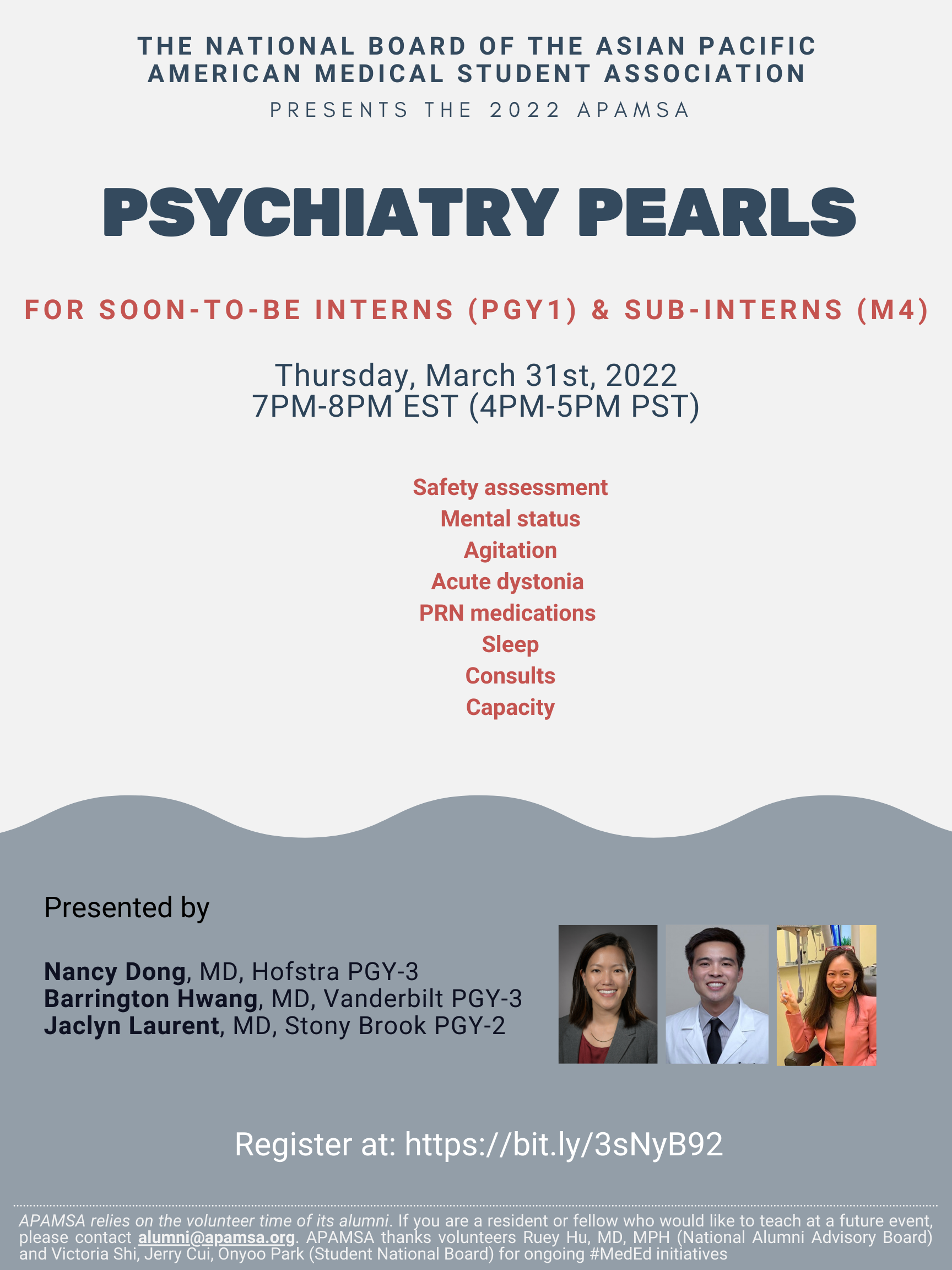
Come join APAMSA on Thursday March 31st from 7PM-8PM EST (4PM-5PM PST) for our Psychiatry Bootcamp! Perfect preparation for a sub-I or intern year. Our residents will be covering all the high yield topics you will need to be successful, including safety and mental status assessment, agitation, acute dystonia, PRN medications, and capacity. Register at: https://bit.ly/3sNyB92
ACA 12 Years Later: Impact on AANHPI Communities
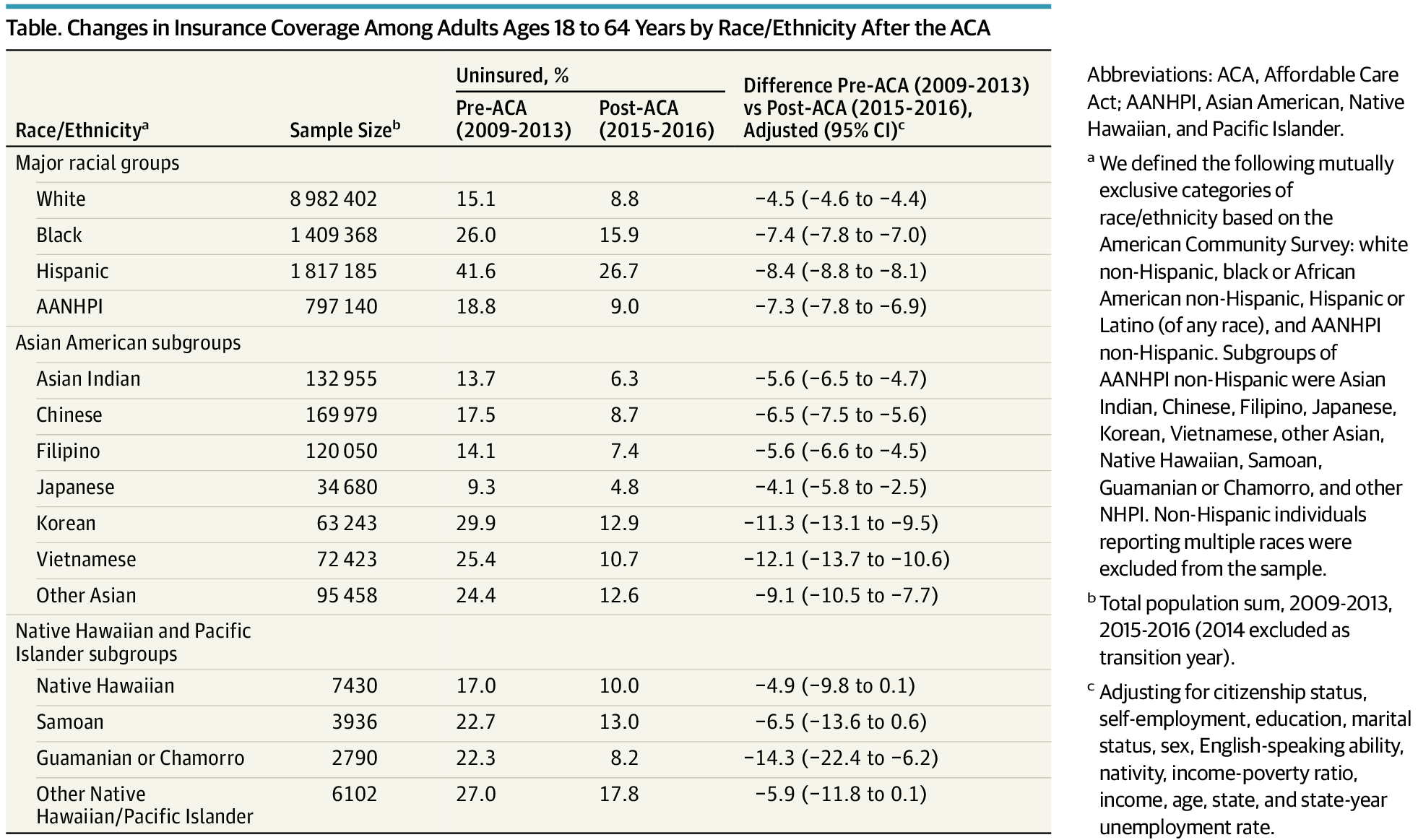
Twelve years ago on March 23, 2010, the Patient Protection and Affordable Care Act (ACA) was signed into law by President Barack Obama. The expansive law included provisions such as an expansion of Medicaid eligibility and the introduction of a health insurance marketplace with federal subsidies to help low-income Americans afford health insurance. Since then, the uninsured rate among non-elderly adults has fallen nearly 40% from 17.8% in 2010 to 10.9% in 2019 according to analyses by the Kaiser Family Foundation.
During this weeklong celebration of the ACA hosted by The White House and the Department of Health and Human Services, APAMSA highlights the impact of the ACA on the AANHPI communities. In a 2018 publication by John J. Park et al. in JAMA Internal Medicine, the authors found that the AANHPI uninsured rate fell by more than one half from 18.8% before the ACA to 9.0% by 2015-2016. In particular, the study examined differences by AANHPI subgroup. Korean Americans, who had the highest pre-ACA uninsured rate at 29.9%, saw their uninsured rate fall an adjusted 11.3 percentage points. Guamanian or Chamorro Americans saw a 14.3 percentage point adjusted reduction in their uninsured rate. In context, the ACA nearly eliminated the coverage gap between white and ANHPI Americans. Still, 7.4% of AANHPIs remained uninsured as of 2019 with uninsured rates for other race and ethnic groups as high as 20% for Hispanic Americans. Thus, the ACA may have significantly reduced the coverage gap, but it is clear that substantial work remains to achieve universal equitable health coverage for AANHPI communities and all Americans — a goal APAMSA remains steadfastly committed to realizing in our advocacy.
